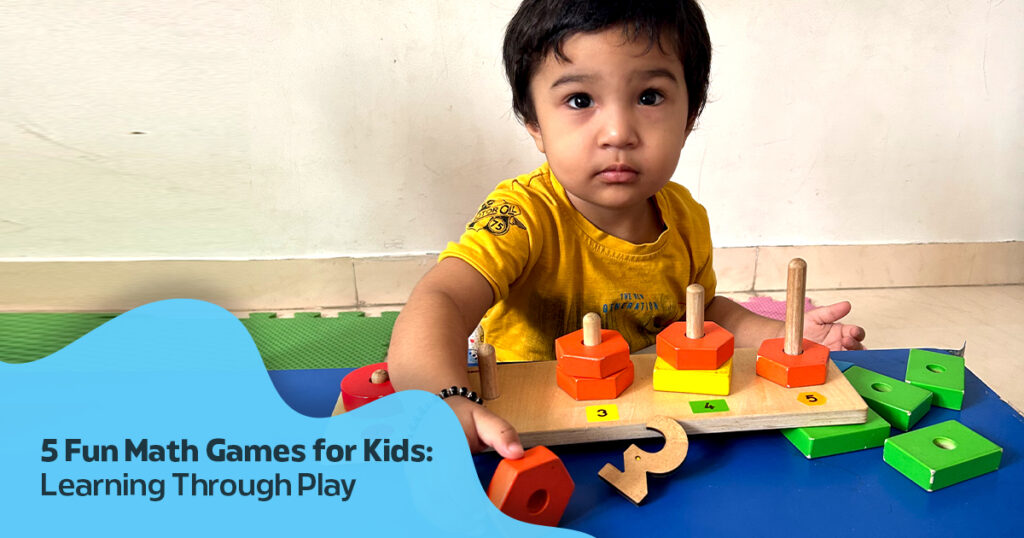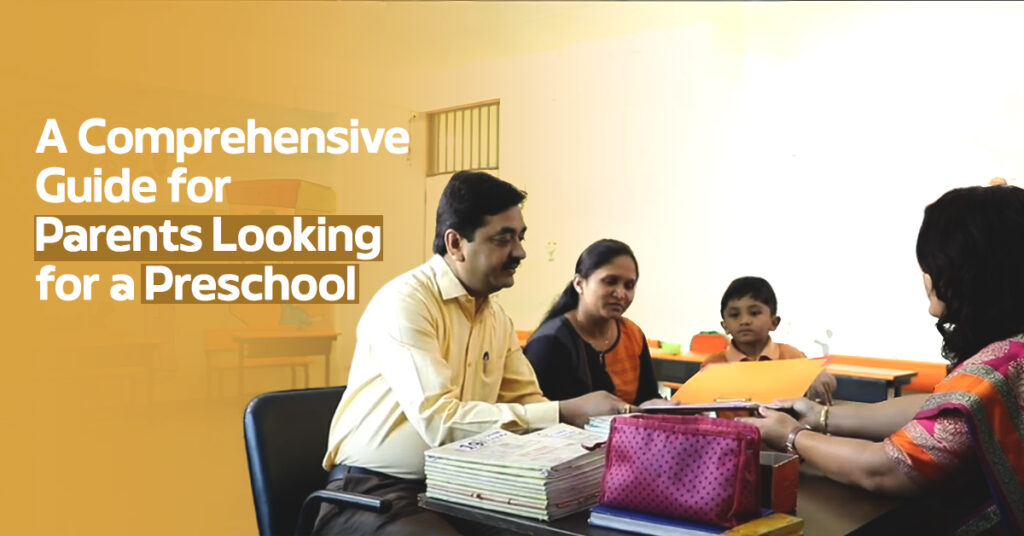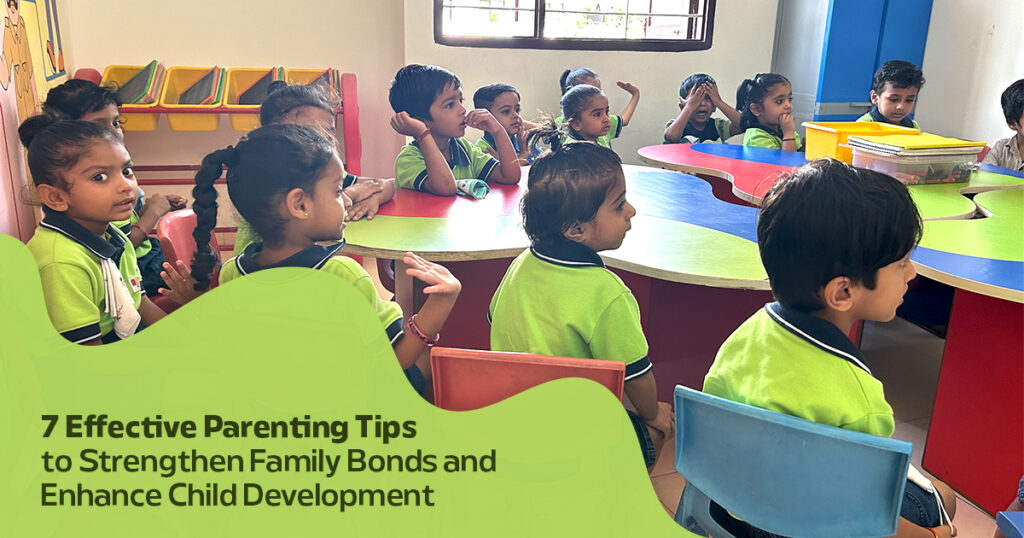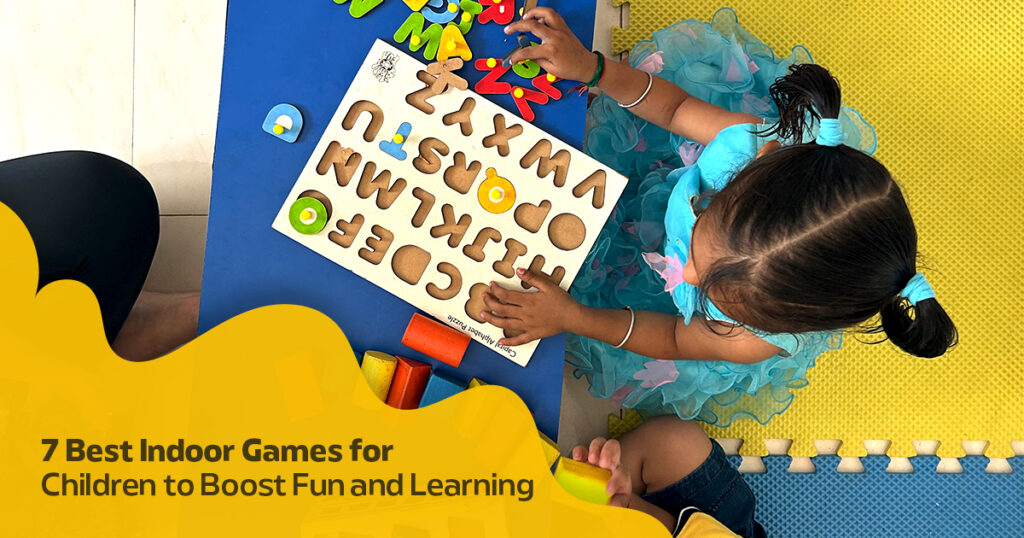Introducing children to mathematics at an early age can lay the foundation for a lifelong love of learning. Math does not have to be boring or intimidating for toddlers; it can be playful, exciting, and engaging. In this blog, we’ll explore fun math games for kids that blend learning with joy, making them perfect for home or the classroom. These learning games for kids also enhance cognitive skills and problem-solving abilities, making them ideal for toddlers and preschoolers.
Why Math Games Are Important for Early Learning
Engaging toddlers in educational games for kids helps develop essential skills such as counting, number recognition, and logical thinking. Math games also promote patience, concentration, and teamwork – skills that are vital for academic and personal success. Many of these activities are already part of the curriculum in the best play schools, ensuring that children enjoy learning while having fun.
Moreover, incorporating math games into your child’s daily routine can also prepare them for kindergarten admission in Gujarat, where foundational math skills are often assessed during the early stages of learning.
5 Fun Math Games for Kids
1. Number Hopscotch
This classic game gets a mathematical twist with numbers! Draw a hopscotch grid and write numbers instead of plain squares. Call out a number, and your child has to hop to the correct square. This game combines physical activity with number recognition, making it one of the most interactive kids’ games.
Why It Works:
- Teaches number sequencing and recognition.
- Improves motor skills and balance.
- Encourages active learning.
2. Sorting and Counting Objects
Use everyday items like buttons, blocks, or coins for sorting and counting activities. Ask your child to sort them by colour, size, or shape, and then count each group.
Why It Works:
- Builds sorting and categorization skills.
- Enhances counting accuracy.
- Teaches the basics of addition and subtraction.
This simple activity is commonly used in the best play schools to make math relatable and fun.
3. Shape Match Memory Game
Create cards with different shapes and their corresponding names or numbers. Turn the cards face down, and let your child match pairs. This memory-based educational game for kids introduces shapes and builds memory retention.
Why It Works:
- Playfully introduces the geometry.
- Improves memory and focus.
- Encourages independent problem-solving.
4. DIY Dice Addition Game
Grab a pair of dice and let the fun begin! Roll the dice, and ask your child to add the numbers shown. You can make it competitive by seeing who can solve the sums faster. This is one of the easiest and most exciting fun math games for a kid that grows with their skill level.
Why It Works:
- Teaches basic addition.
- Encourages quick thinking.
- Develops number fluency.
5. Pattern Recognition with Beads
String beads of different colours into a pattern (e.g., red-blue-red-blue) and ask your child to continue it. This simple yet effective math and fun game teaches patterns and sequences.
Why It Works:
- Strengthens observation skills.
- Builds a foundation for algebraic thinking.
- Boosts fine motor skills.
How to Make Math Games Part of Daily Life
While structured activities are beneficial, integrating fun math games for kids into daily routines makes learning seamless. Here are some tips:
- During Mealtime: Use counting games while setting the table (e.g., “How many plates do we need?”).
- On the Go: Play number or shape-spotting games during car rides.
- Storytime: Incorporate books that focus on numbers, counting, or patterns to reinforce concepts.
Many of the best play schools in Gujarat use a similar approach, blending structured activities with everyday learning to nurture curiosity and mathematical thinking.
Benefits of Fun Math Games for Kids
Engaging children in educational games for kids goes beyond learning numbers and shapes. These activities:
- Foster critical thinking and problem-solving skills.
- Build confidence in math from an early age.
- Encourage collaboration and communication when played in groups.
- Lay a strong foundation for advanced concepts taught in the top schools in India.
The combination of play and learning ensures that children enjoy the process, which is vital for long-term retention and academic success.
Read More: 6 Mindfulness Craft Activities for Kids
Why Choose the Best Play Schools for Early Learning?
The best play schools prioritize holistic development by incorporating games and activities that promote academic, physical, and social skills. Their innovative methods and experienced educators ensure children receive the best start to their educational journey. Additionally, the emphasis on math and fun games ensures that children develop a positive attitude toward learning math early on.
When considering kindergarten admission in Gujarat, look for schools that integrate learning games for kids into their daily schedules. Such schools provide the right mix of play and academics, making the transition to formal schooling smooth and enjoyable.
Conclusion
Math does not have to be daunting for toddlers. With creative learning games for kids, parents and educators can transform abstract concepts into tangible, enjoyable experiences. The five fun math games for kids listed above are simple, effective, and adaptable to different learning levels, ensuring that every child finds joy in numbers.
Whether at home or in the best play schools, these kids’ games encourage curiosity, critical thinking, and a lifelong love for learning. By blending play with education, we pave the way for confident learners ready to tackle the world of math and beyond.




